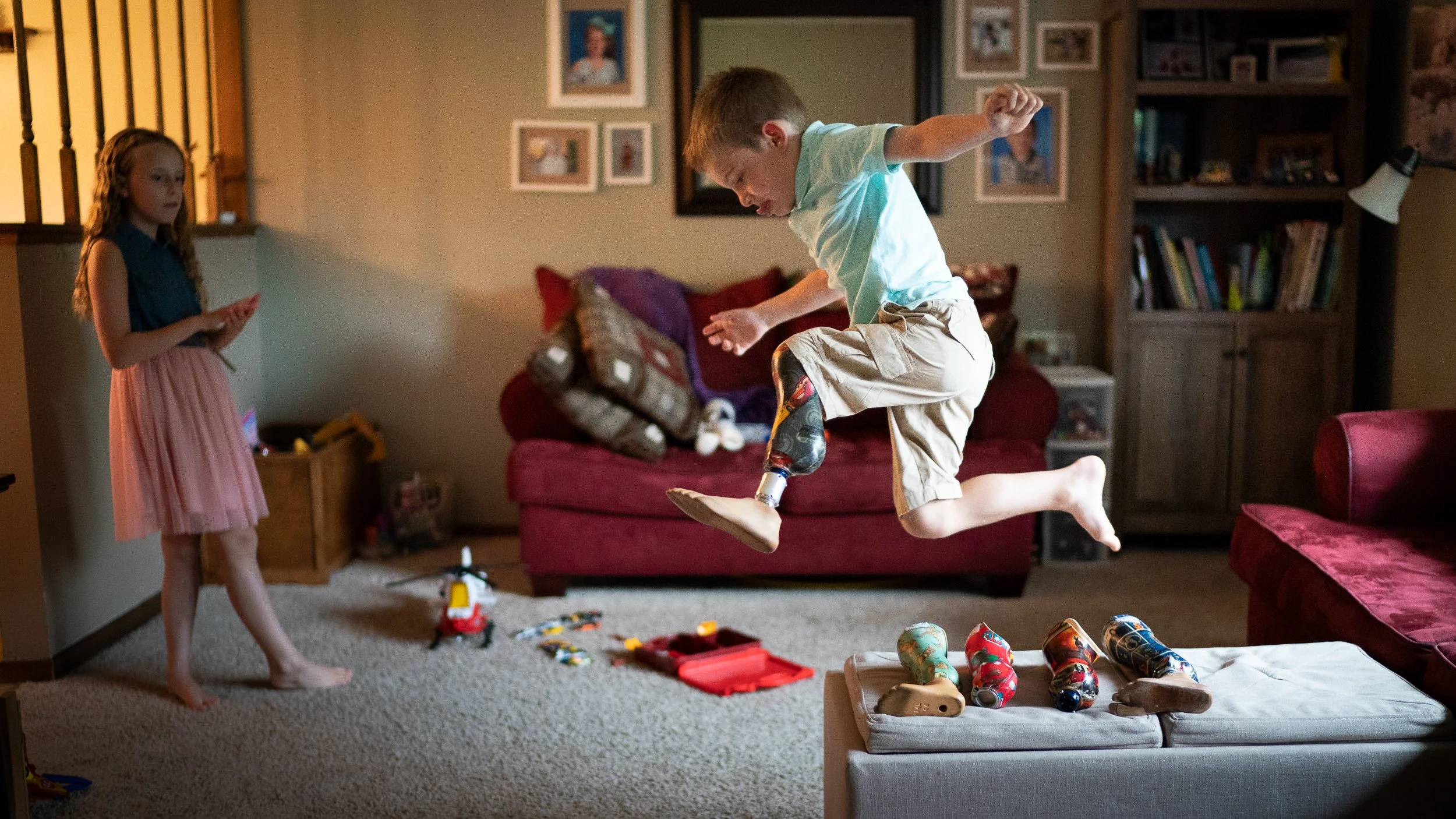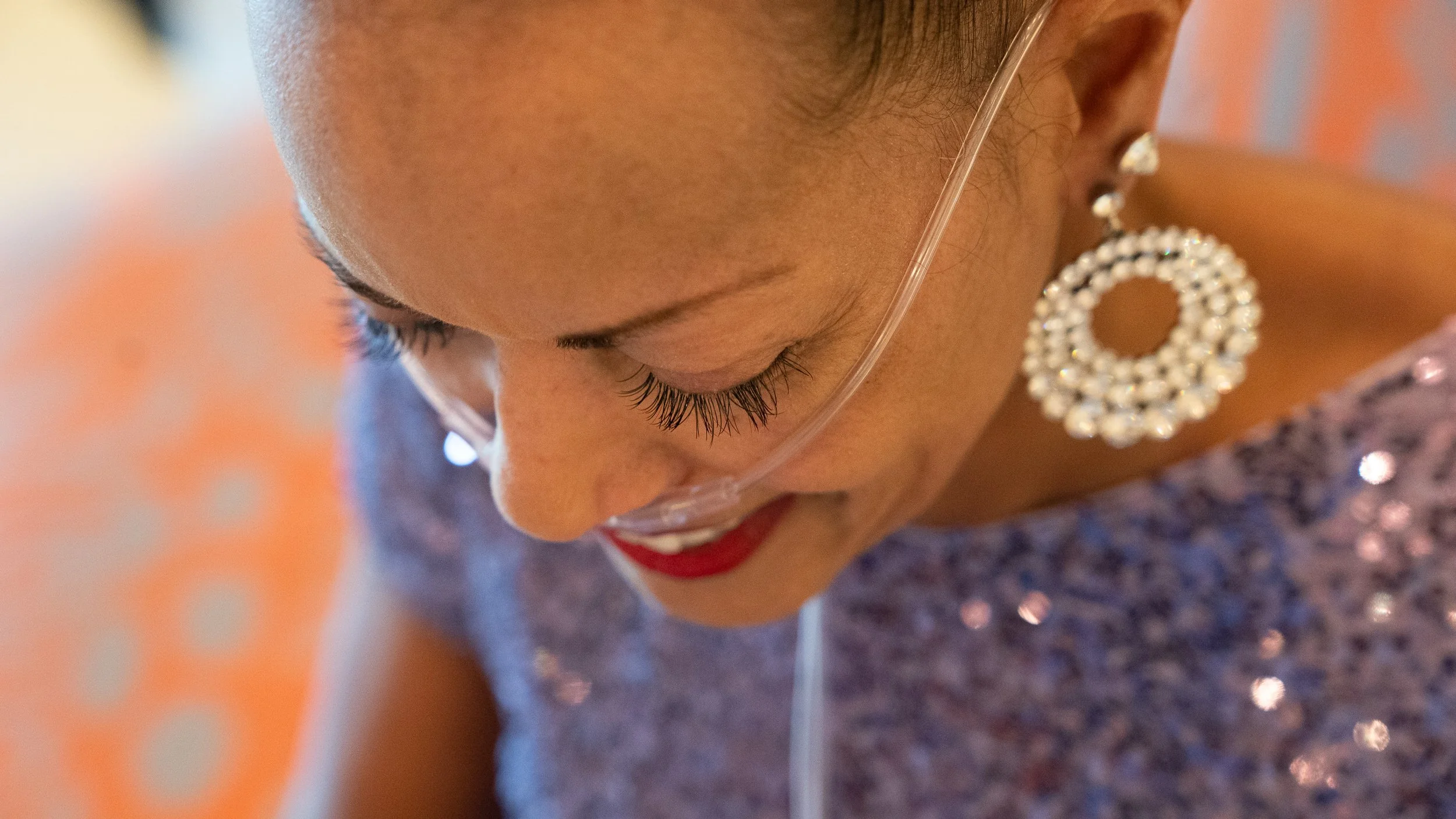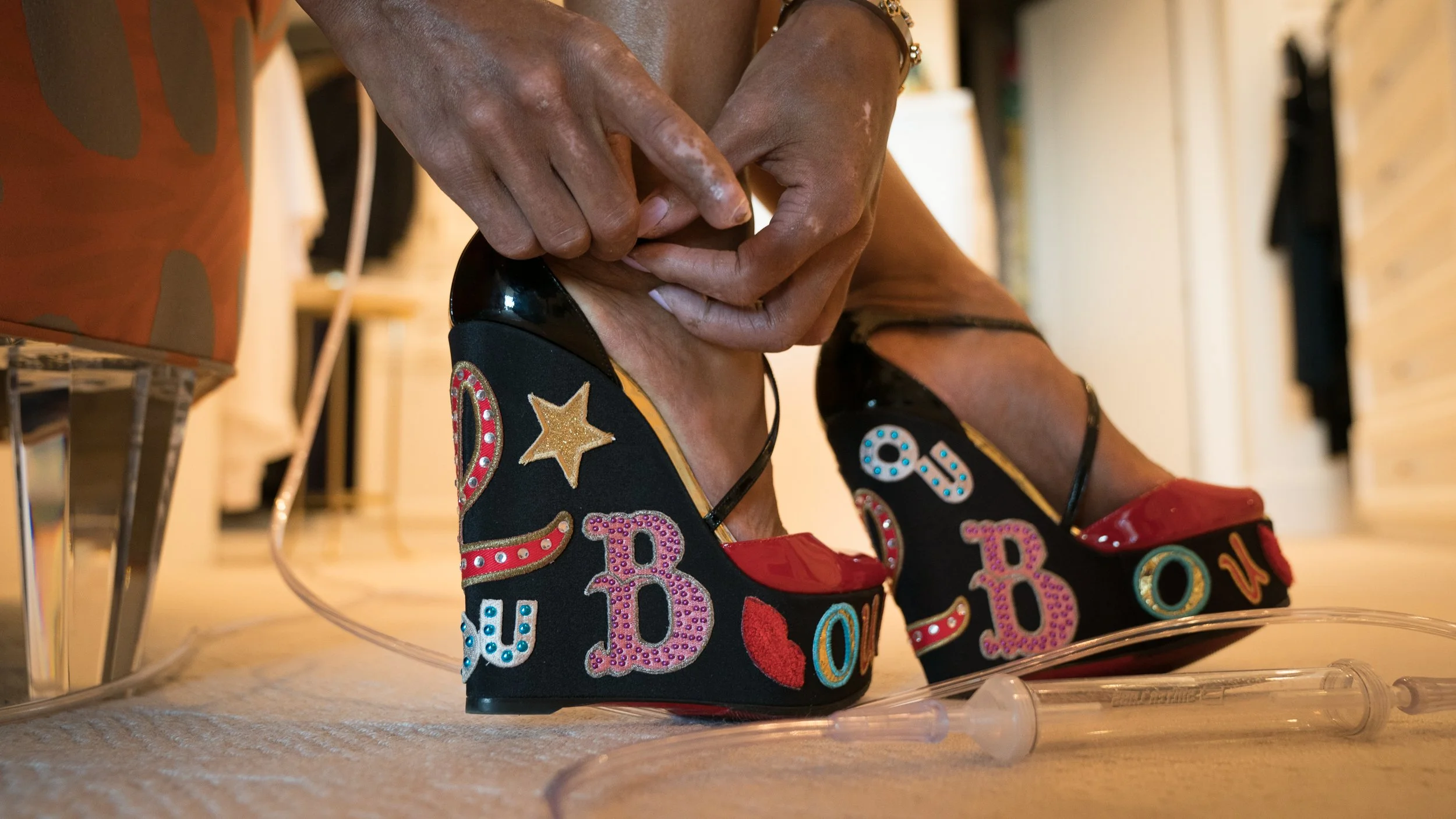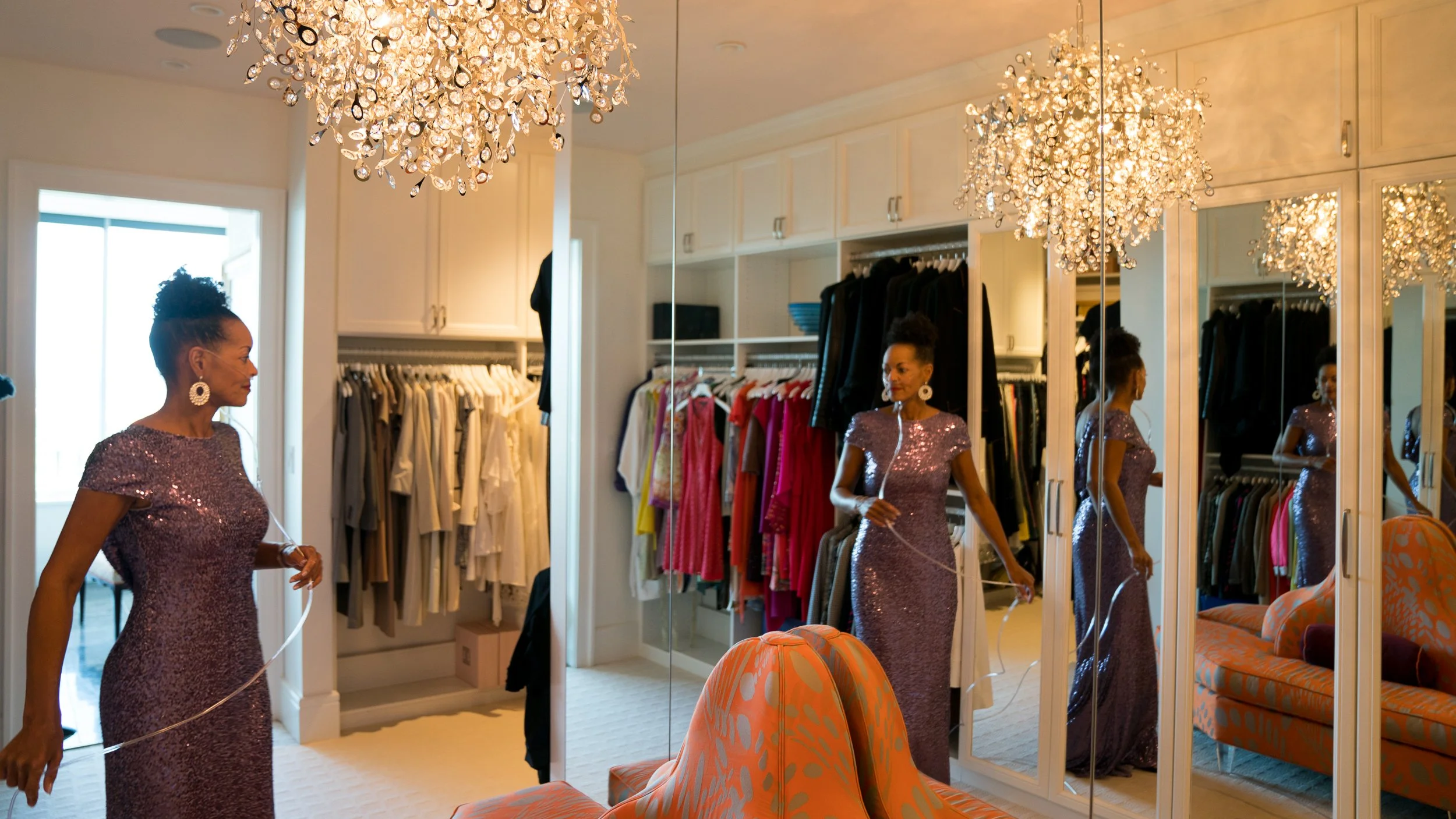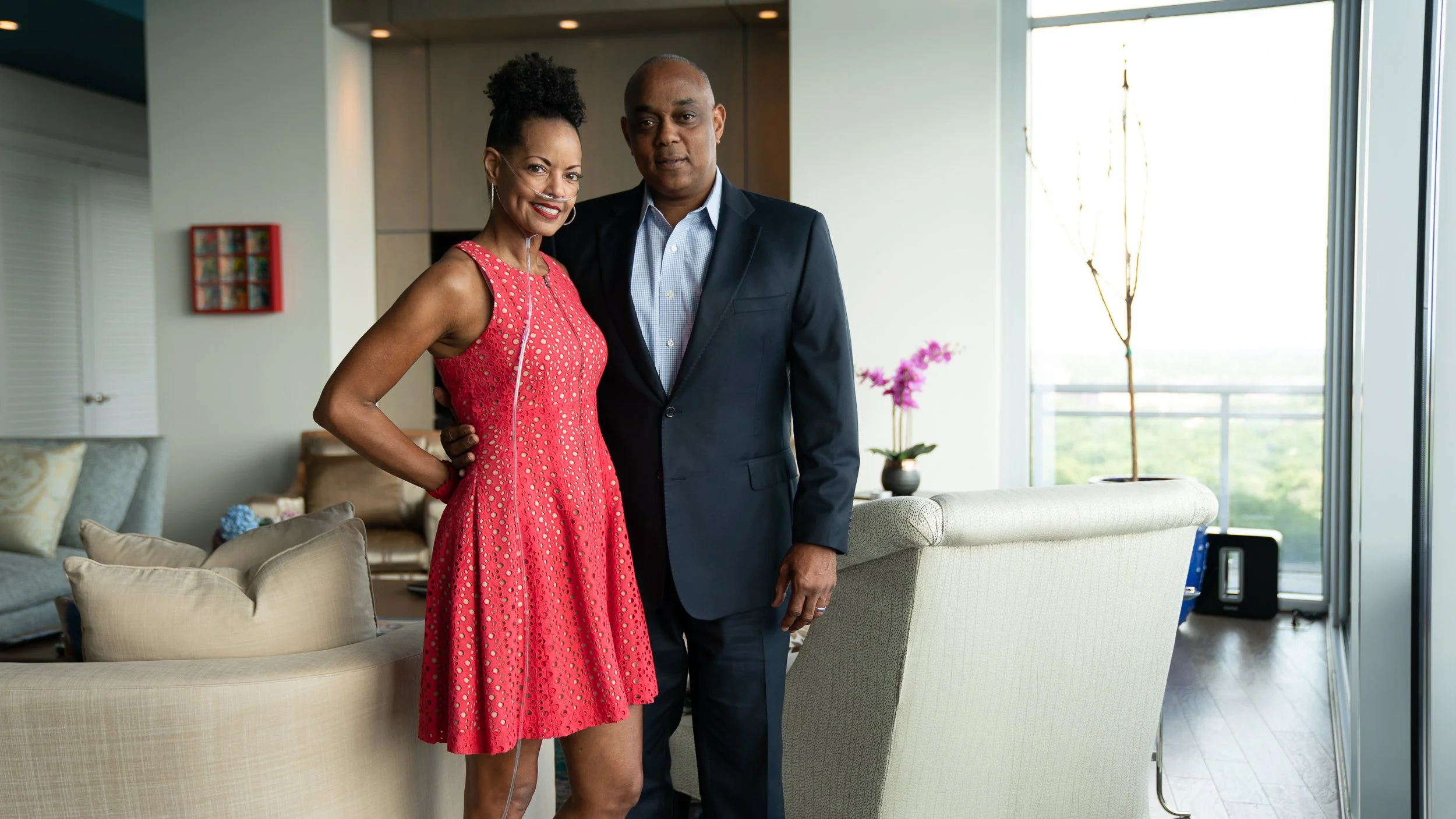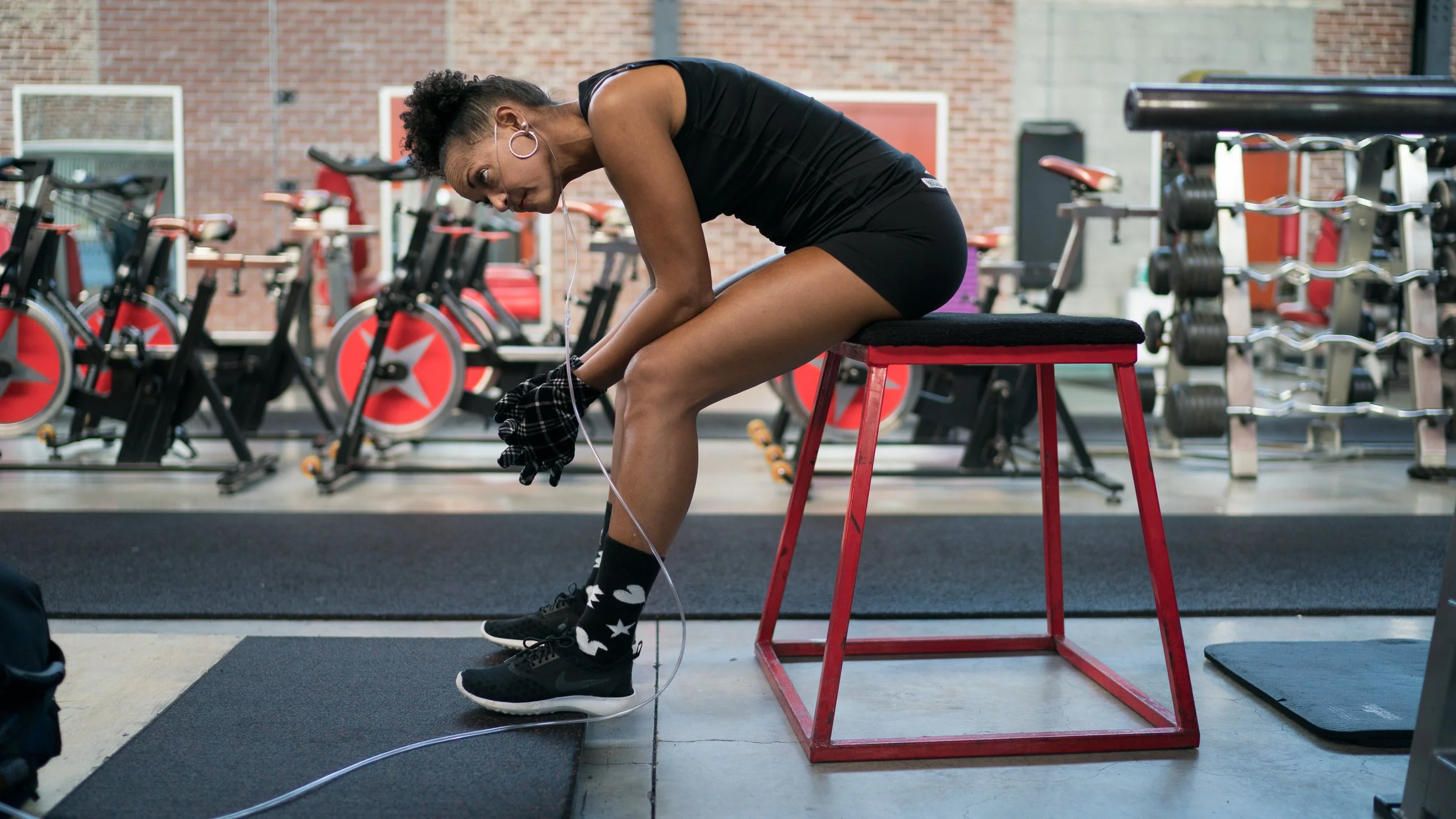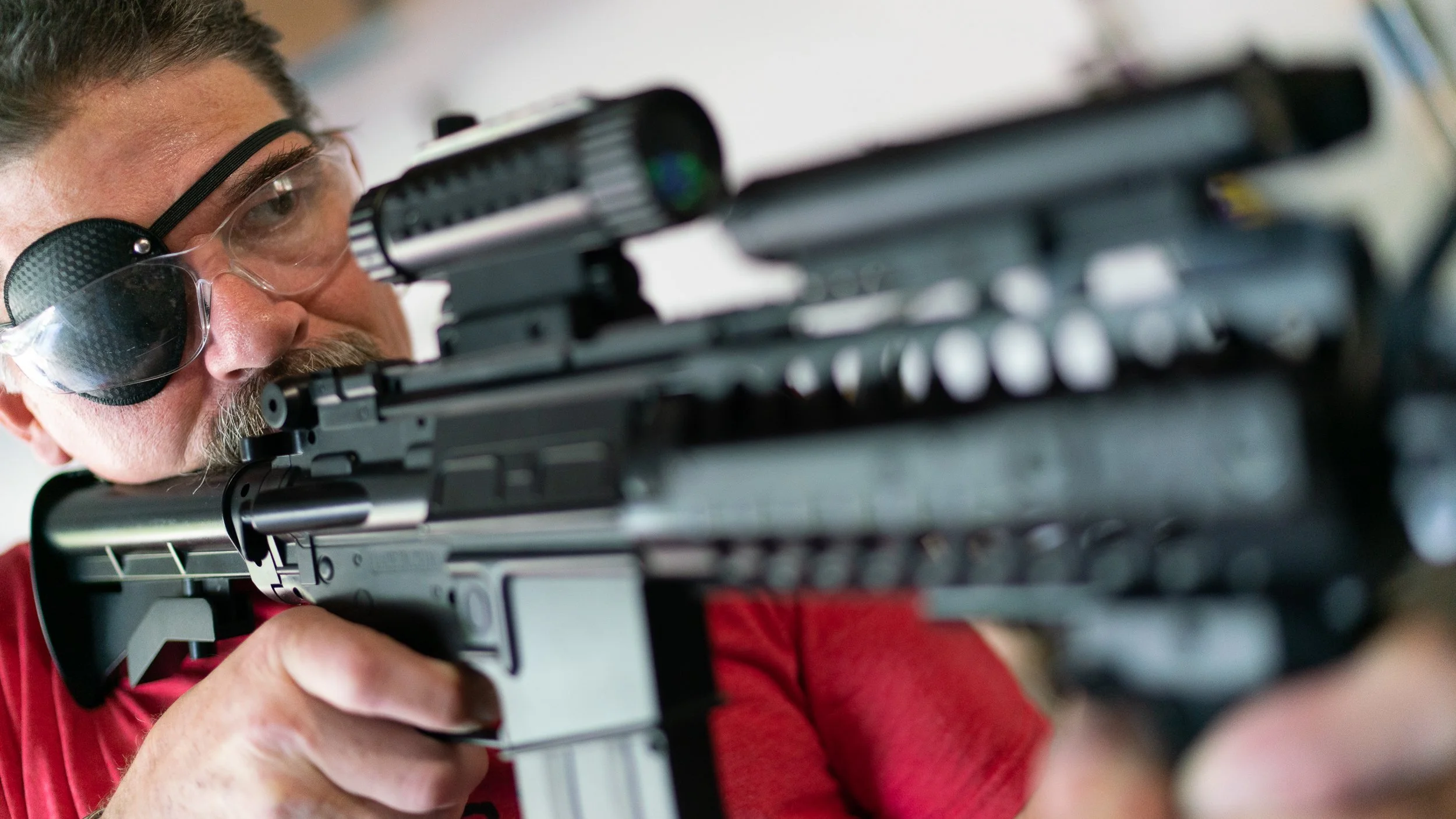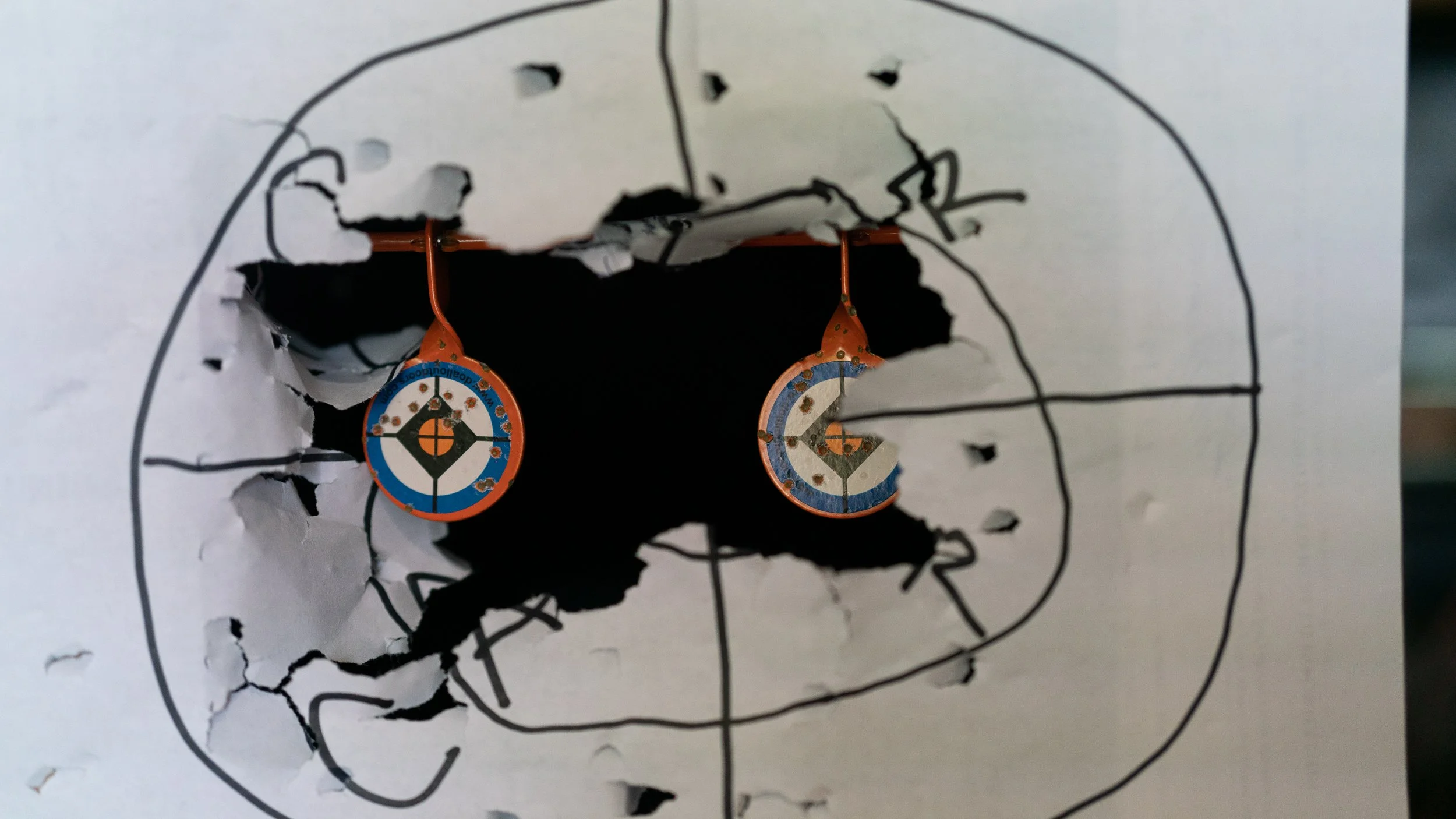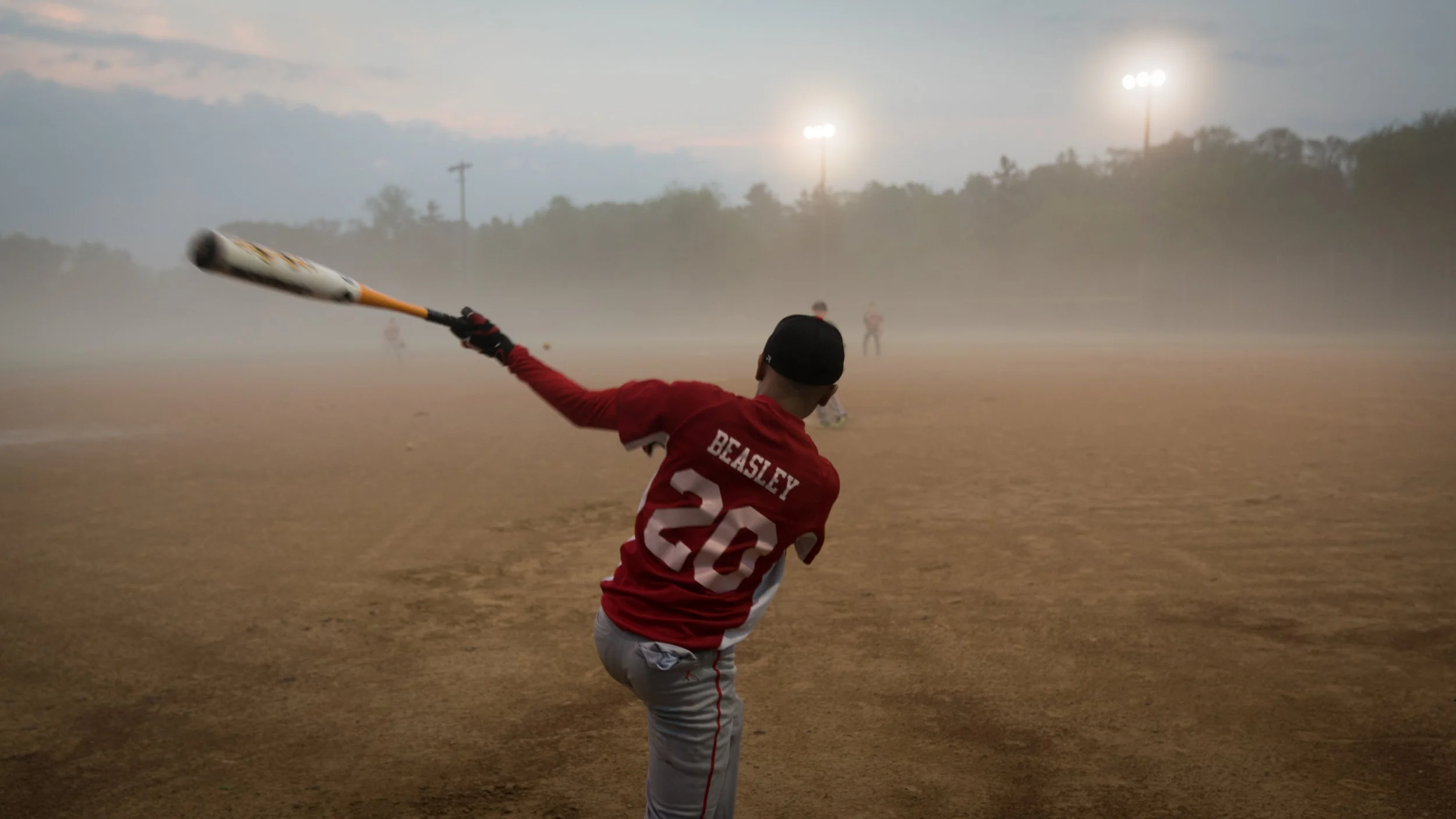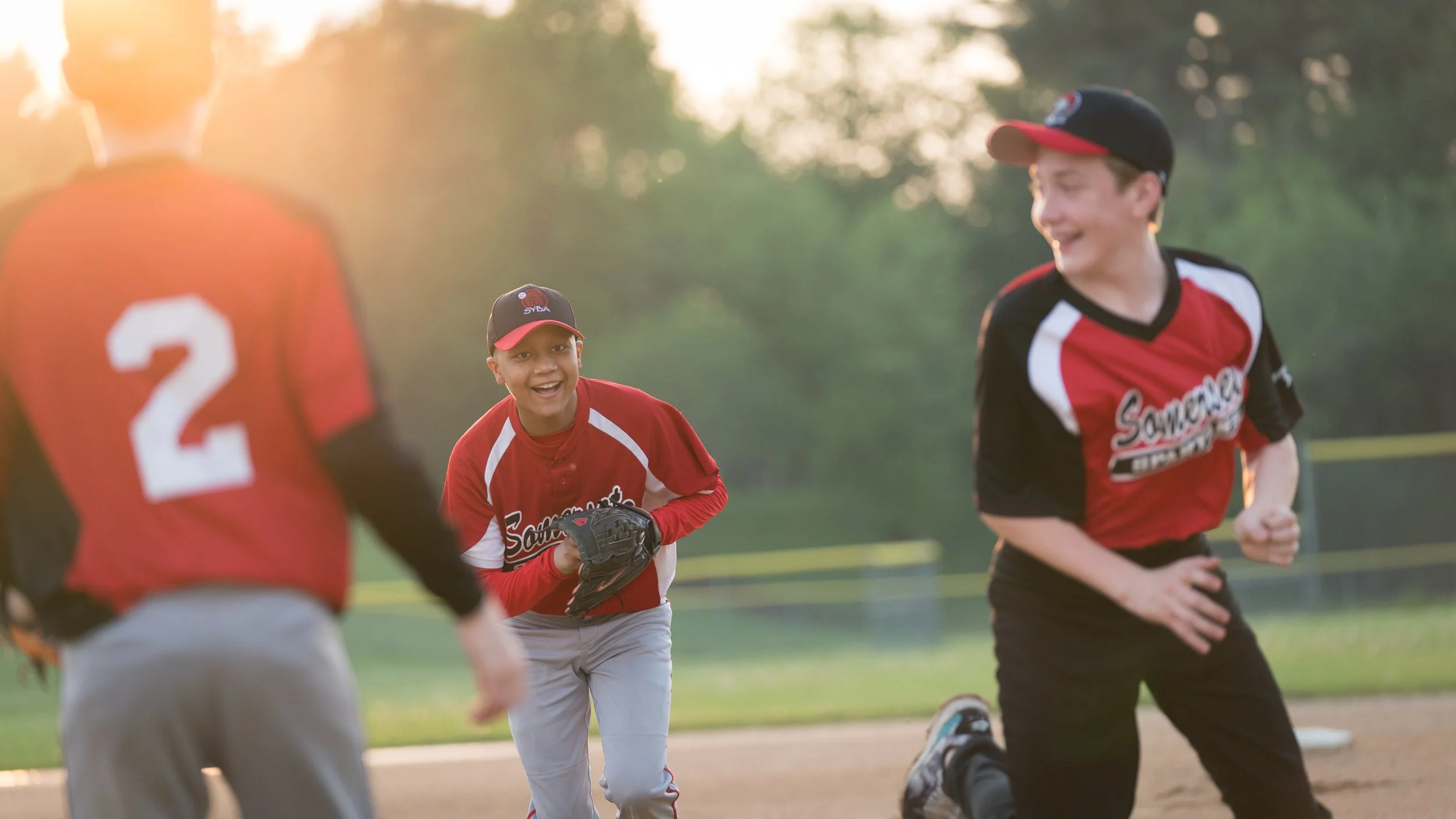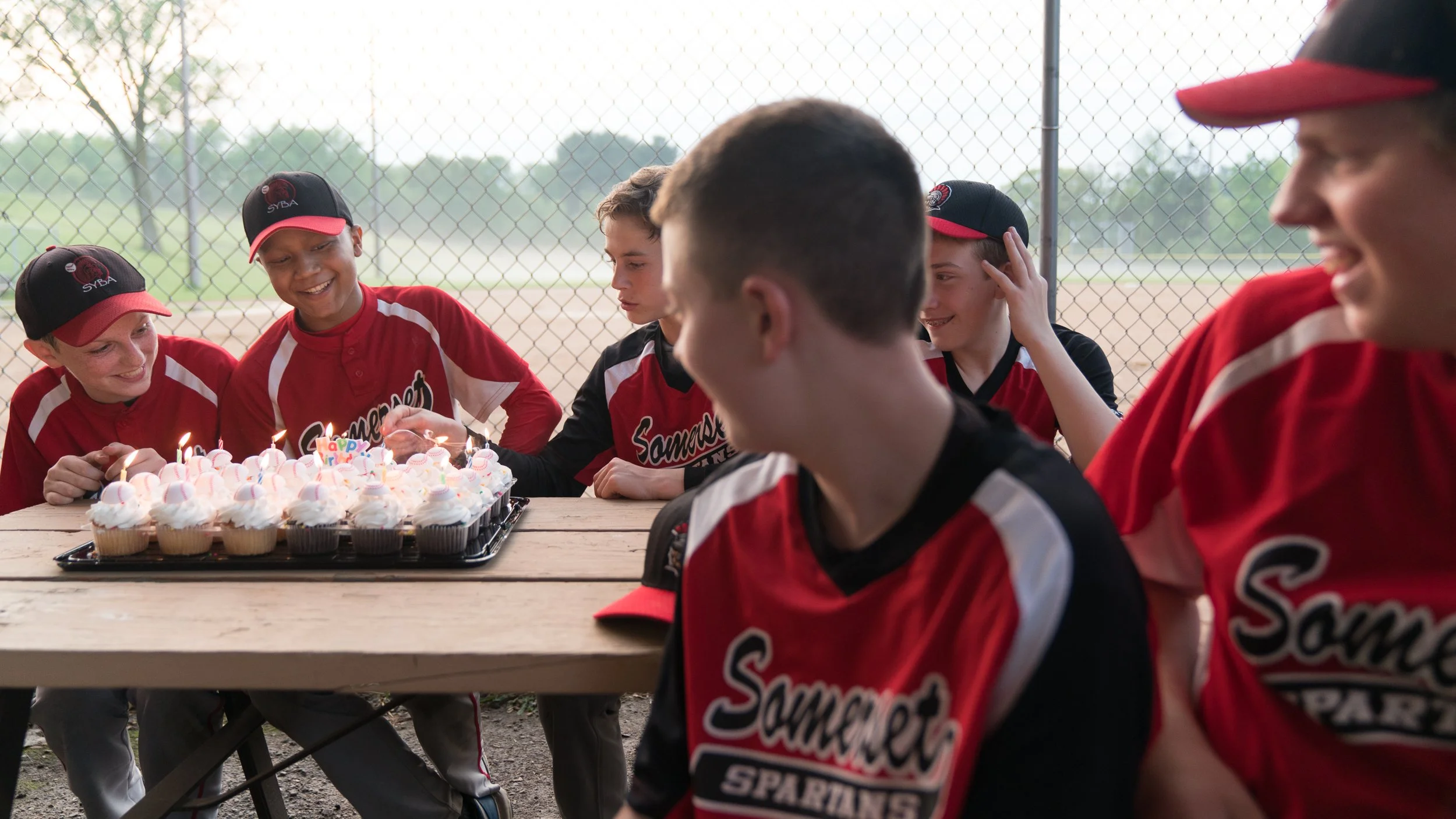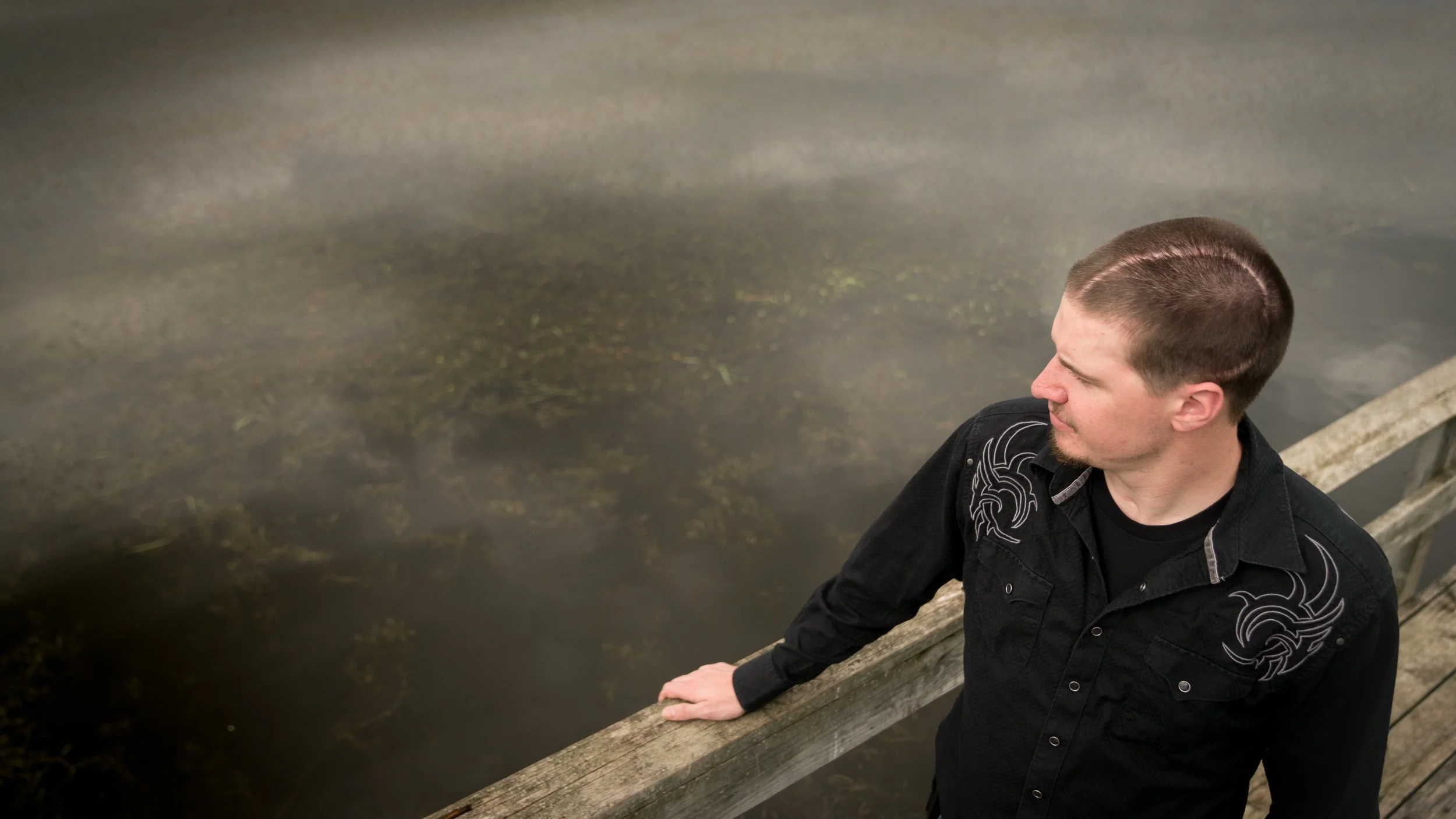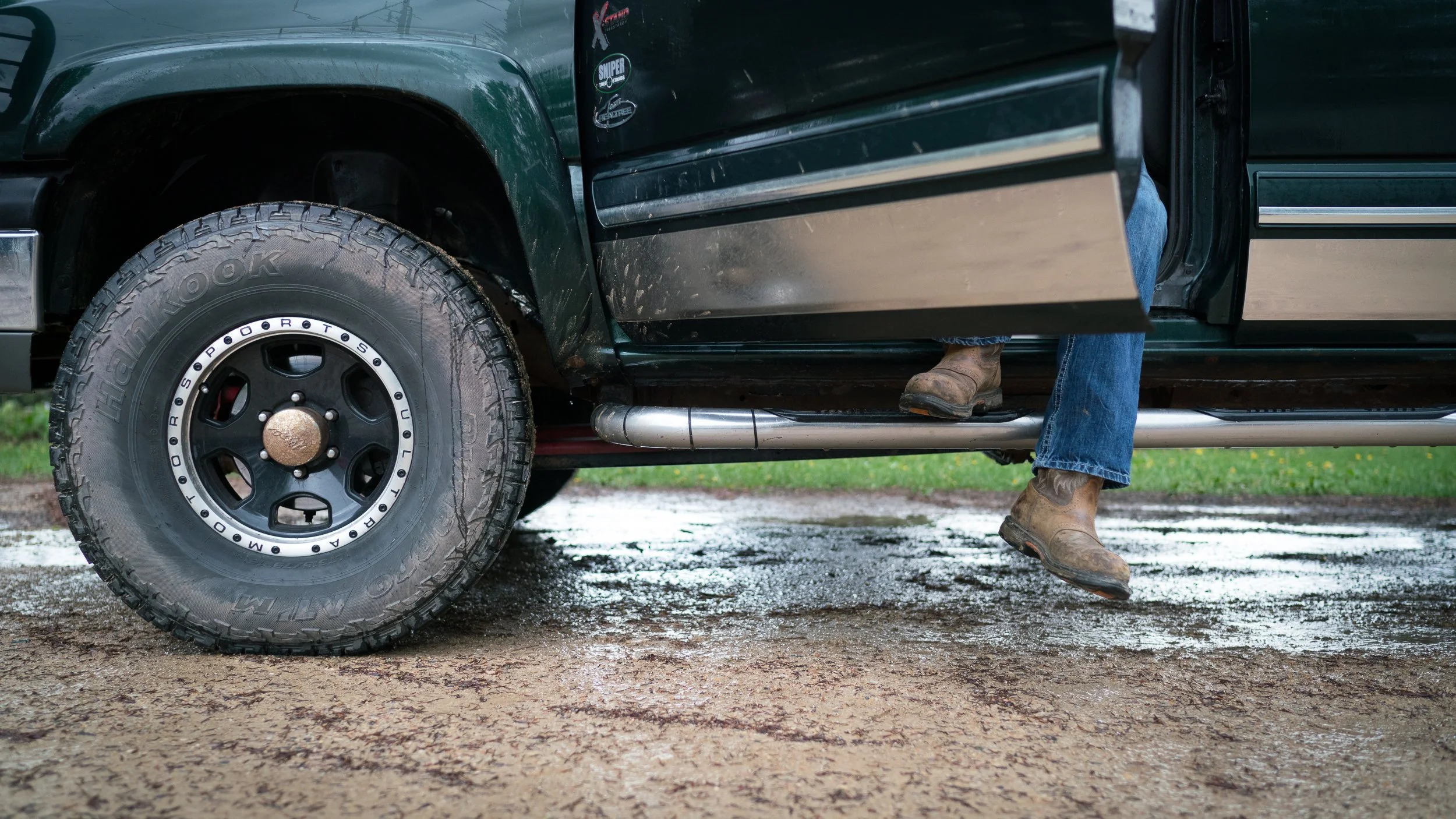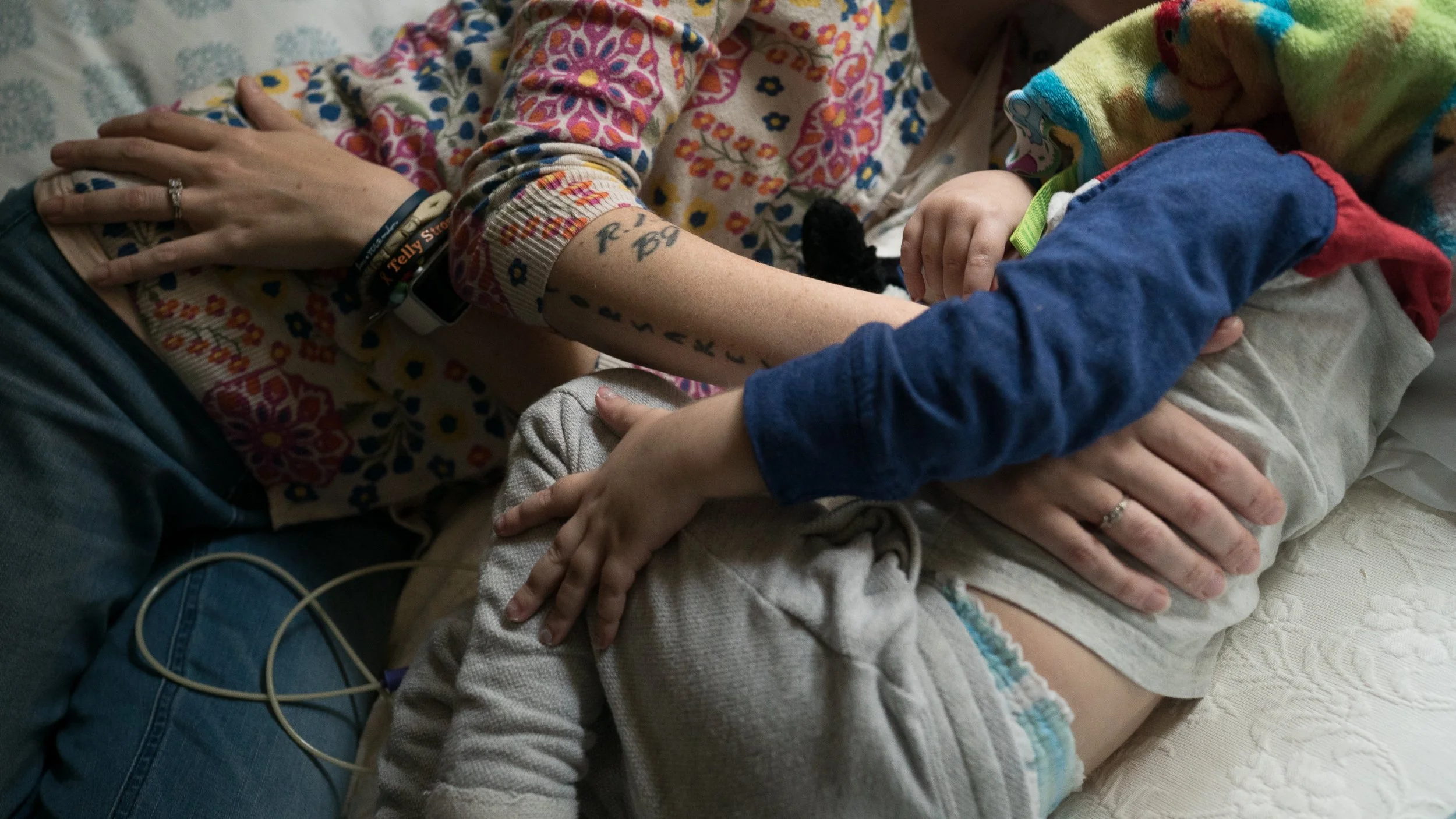How We Heal
This body of work stems from a simple truth: sooner or later, we’ll all need to heal from something. When this time comes, where will we turn to restore our spirit? Who or what will help us heal?
I’ve been partnering with Caringbridge to explore this question. We’ve interviewed and photographed over 50 ordinary people who have all managed, in their own unique ways, to became whole again in the face of trauma, cancer, suffering, and unimaginable loss.
Viktor Frankl, a holocaust survivor, sums up our findings best: “Everything can be taken from a man or a woman but one thing: the last of the human freedoms- to choose one’s attitude in any given set of circumstances, to chose one’s own way.”
“I like everyone to see that Vincent is just a regular boy, in every sense of the word. He is on his sixth prosthetic leg, and he has one speed, which is fast.”
— Sally Lynick, Vincent’s mom
“Just because I have all of these illnesses, and all of these issues, doesn’t mean that I should just look super-sick. There’s no shame in trying to look as great as you possibly can, even when you’re not feeling good”
— Lovette Russell lives with two incurable illnesses
“There’s no reason to dwell on it and be mad about it because I can’t change it. Even if I did know those things, my recovery’s the same. Finding out who hit me doesn’t help me heal any faster than I am.”
— Bryan Joas hit-and-run survivor. Spent 90 days in the hospital recovering from a broken back, hips and ribs, and damaged lungs, liver, kidneys, and intestines.
“I had to take care of them. I had to physically go outside to be with the chickens. It helped me forget what I was going through. It put me into the present in a different way. I did not lie in bed.”
—Bryan Joas hit-and-run survivor. Spent 90 days in the hospital recovering from a broken back, hips and ribs, and damaged lungs, liver, kidneys, and intestines.
“I would go down in my garage with a piece of paper that said, ‘c-a-n-c-e-r.’ I’d tape it to my backdrop and I’d blow it apart with my airsoft machine gun. I was killing cancer.”
—Thomas “Tomo” Riley, Gulf War veteran
“To see him go out for that first practice was beyond what you can put into words.”
—Amy Beasley, mother of Andre, a cancer survivor
“Every time I would start to get down, I’d just look at the truck and remember, ‘That’s waiting for me. That’s going to be there for me. That’s going to be how I get through this. The healing process for me is ongoing. Every day. I still have my bad days.”
—Kevin Amundson, a “heart attack of the mind” led him to attempt suicide
“I wish we could figure out if there is some way to fix what’s going on with me, or if I am going to be like this for the rest of my life,” “But I have to be content, even if not happy, with that. I’ve got to move on, no matter what happens.”
—Mike Hardt, autoimmune disease
“She’s not just a dog. She is my angel dog. If she weren’t here for me, and being as calm and easygoing as she is, I’m not really sure how far I would be on my recovery at all.”
—Cyteria Knight, healing from a ruptured brain aneurysm and stroke
“I think we all know home is the best medicine. It’s where you find comfort. When you’re sick, where do you want to go? To your Mom. To home. Just walking in that door, you can just let it all out, like …. ‘Aaah, I’m here. It’s safe.”
—Molly Sturgis, Telford’s mother
“So many people have come alongside of us. They have been carrying the burden of life so that we can focus on Davis.”
—Lianne O’Donnell, mother of Davis, who was diagnosed at 4 months with retinoblastoma, cancer in both eyes
On Healing
Ordinary people facing extraordinary health crises share what has made them whole again. These short films helped CaringBridge kickstart a national conversation on healing that earned more than 80 million impressions.
Client: CaringBridge
Executive Producer: Brigid Bonner
Director | DP: David McLain
Editor: Joel Sprole
Producer: Patricia McMorrow
Colorist: Jerome Thelia
Original Score: Garth Neustadter

